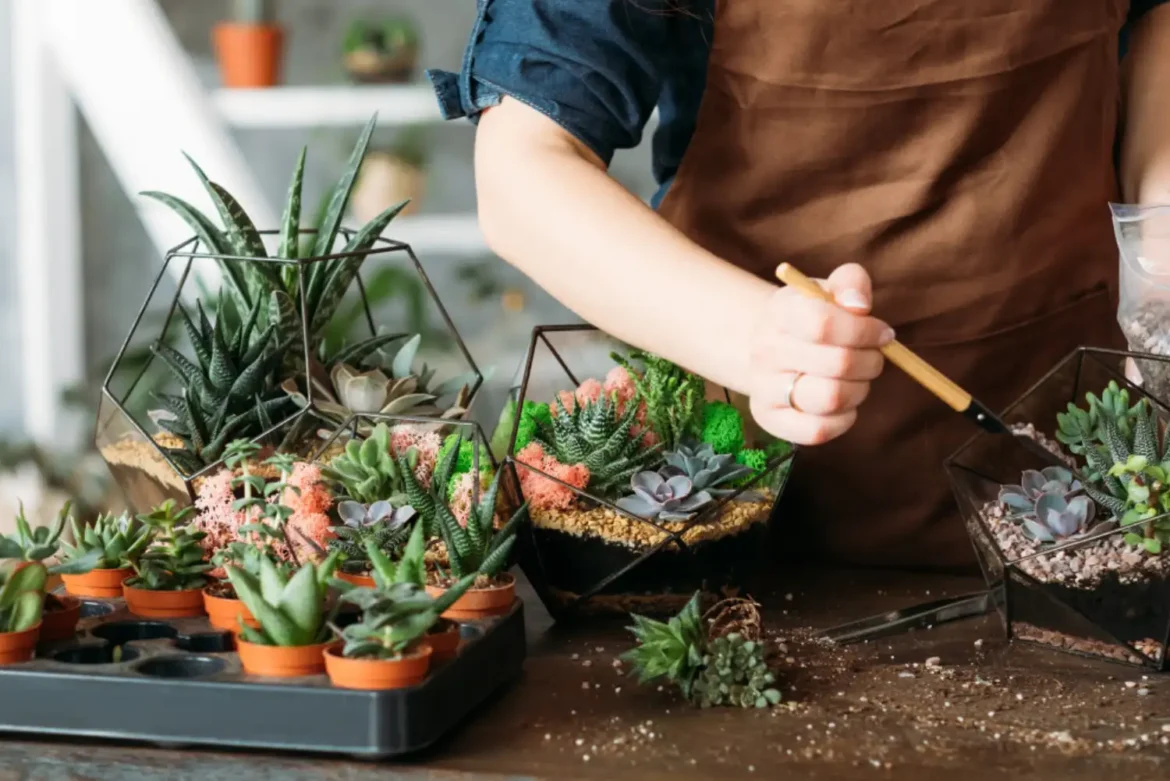Creating habitats for wildlife enhances both biodiversity and the overall garden experience. Bird feeders, insect hotels, and small ponds encourage local wildlife to visit, helping to maintain ecological balance. Native plants provide food and shelter for pollinators such as bees and butterflies, which are essential for healthy gardens. By supporting wildlife, gardeners contribute to the local ecosystem while enjoying a vibrant and lively outdoor space.
Choosing sustainable materials and tools also plays a role in eco-friendly gardening. Wooden or recycled furniture, biodegradable pots, and solar-powered lighting reduce environmental impact. Avoiding single-use plastics and opting for reusable or natural alternatives ensures that every aspect of the garden aligns with eco-conscious principles. Durable and responsibly sourced materials enhance the longevity and aesthetic appeal of the garden while promoting environmentally responsible practices.
Finally, eco-friendly gardening is as much about planning and mindset as it is about tools and plants. Thoughtful design, regular maintenance, and mindful choices create a garden that is both beautiful and sustainable. By integrating environmentally friendly practices, gardeners not only enjoy personal satisfaction and relaxation but also contribute to the well-being of the planet. This approach encourages a harmonious relationship between people, plants, and the environment, resulting in outdoor spaces that are thriving, resilient, and naturally inspiring.

